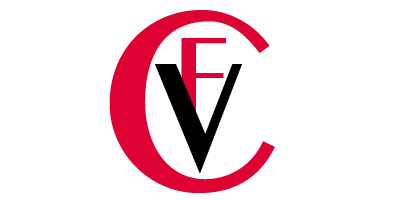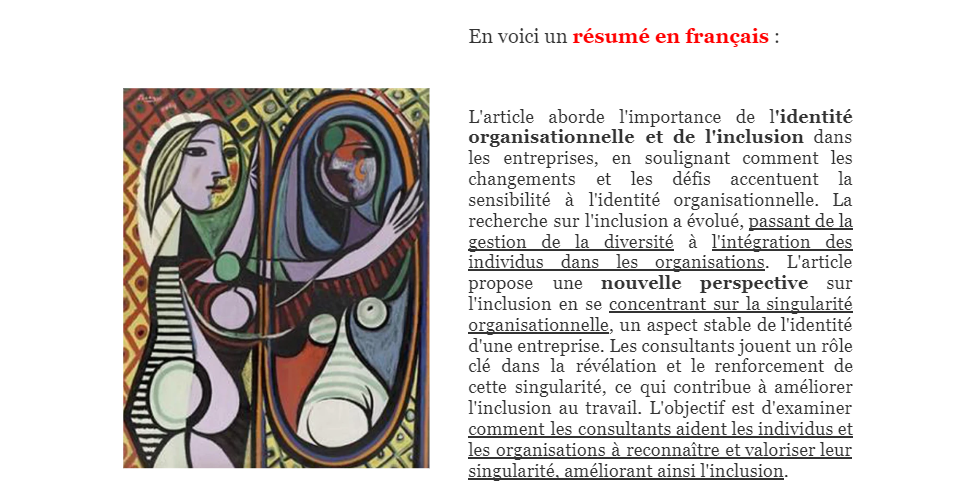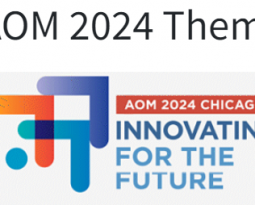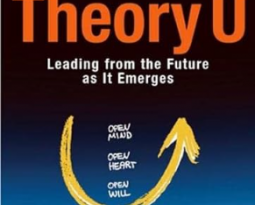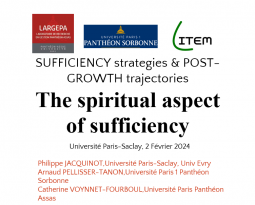Je viens de publier avec Éric Gautier et David Moriez, un papier dans la revue Recherches En Sciences De Gestion inspiré de la théorie U d’Otto Scharmer
La méthodologie consiste en une approche ethnographique, impliquant une immersion de trois ans dans un cabinet de conseil pour comprendre comment les consultants utilisent l’intelligence collective pour prototyper et communiquer les principes profondément ancrés des organisations clientes. L’analyse s’appuie sur des observations sur le terrain, des rapports de mission, des entretiens approfondis avec des managers, et des interviews régulières avec des directeurs des ressources humaines. Un codage axial centré sur la grounded theory a été utilisé pour analyser qualitativement les données, identifiant des catégories liées à l’inclusion.
L’article décrit le processus de révélation de la singularité identitaire à travers les ateliers collectifs, impliquant plusieurs étapes pour définir l’identité profonde d’une organisation. Il met en évidence comment cette approche conduit à trois types d’inclusion : l’auto-inclusion, l’inclusion de groupe et l’inclusion de sens. Les résultats montrent que cette méthode aide les individus et les groupes à mieux comprendre et exprimer leur singularité, favorisant ainsi l’inclusion et l’alignement stratégique au sein des organisations.
La discussion porte sur le rôle du consultant en tant qu’agent d’inclusion, en mettant l’accent sur les stades de l’intervention qui passent du « quoi » au « pourquoi ». Il souligne que l’inclusion des membres se manifeste à la fois dans le processus dirigé par le consultant et dans la coopération établie pendant l’intervention. L’article conclut en examinant les limites potentielles de l’intervention des consultants et en soulignant que, bien que le consultant joue un rôle initial crucial, la gestion durable de l’inclusion est ensuite assurée par les équipes de direction des organisations.
Abstract
The article discusses the importance of organizational identity and inclusion in businesses, highlighting how changes and challenges increase sensitivity to organizational identity. Research on inclusion has evolved from diversity management to integrating individuals in organizations. The article offers a new perspective on inclusion, focusing on organizational singularity, a stable aspect of a company’s identity. Consultants play a key role in revealing and reinforcing this singularity, thereby improving workplace inclusion. The aim is to examine how consultants help individuals and organizations recognize and value their singularity, thus enhancing inclusion.
The methodology involves an ethnographic approach, with a three-year immersion in a consulting firm to understand how consultants use collective intelligence to prototype and communicate deeply ingrained principles of client organizations. The analysis is based on field observations, mission reports, in-depth interviews with managers, and regular interviews with HR directors. Axial coding centered on grounded theory was used for qualitative data analysis, identifying categories related to inclusion.
The article describes the process of revealing identity singularity through collective intelligence workshops, involving several steps to define an organization’s deep identity. It highlights how this approach leads to three types of inclusion: self-inclusion, group inclusion, and sense inclusion. The results show that this method helps individuals and groups better understand and express their singularity, thereby fostering inclusion and strategic alignment within organizations.
The discussion focuses on the consultant’s role as an agent of inclusion, emphasizing different stages of intervention that transition from the « what » to the « why ». It notes that member inclusion manifests both in the consultant-led process and in the cooperation established during the intervention. The article concludes by examining potential limitations of consultant interventions and emphasizes that, while the consultant plays a crucial initial role, sustainable management of inclusion is then ensured by the organization’s Top Management Team.
Gautier E., Moriez D., Voynnet Fourboul C., (2023) The consultant as an inclusion agent: an approach from the perspective of singularity, Recherches En Sciences De Gestion, N° 159.
Scharmer, O. (2018). The essentials of theory U.. Berrett-Koehler Publishers.
